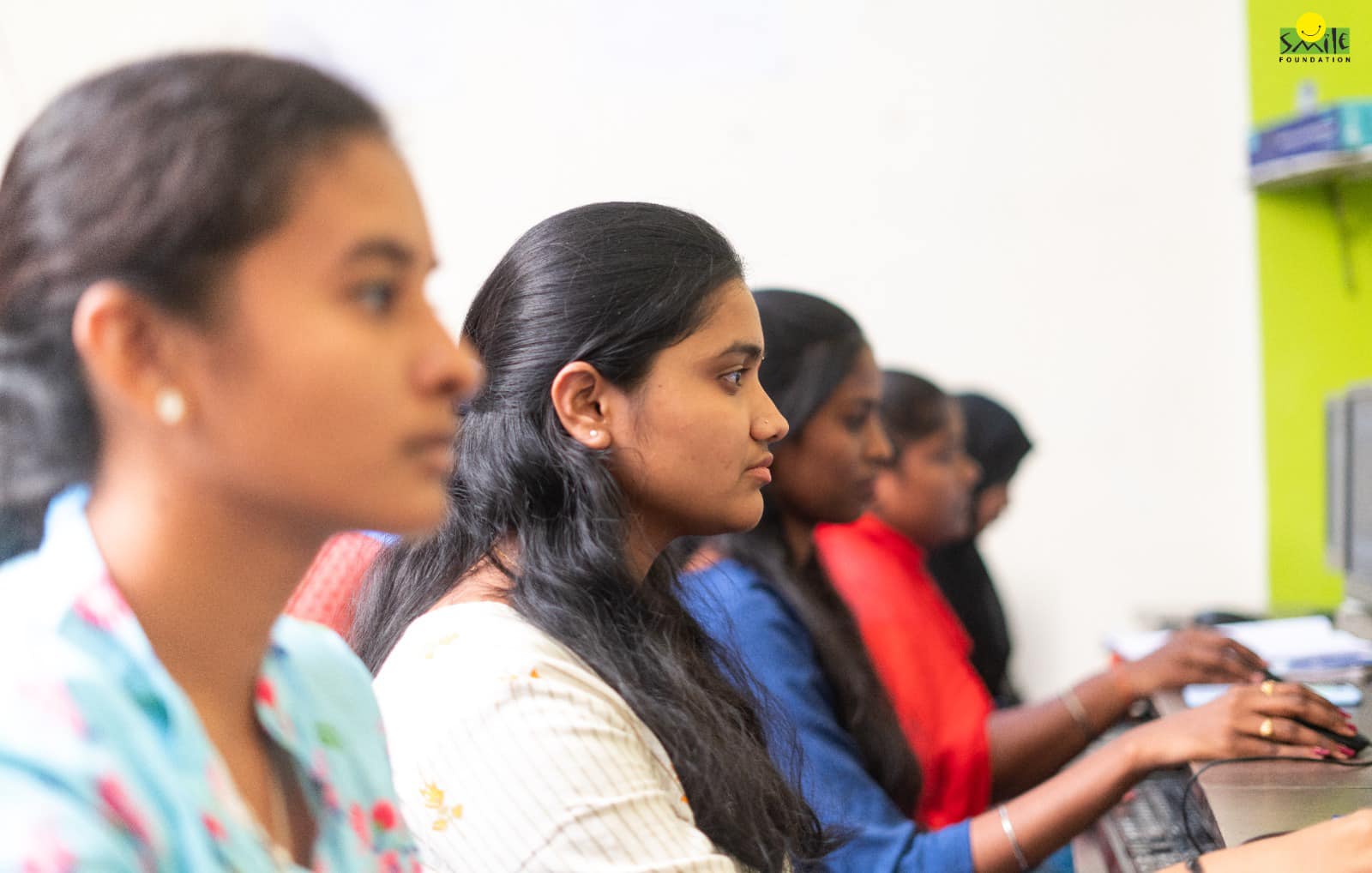What is Brilliance Bias?
Historically, men with the advantage of being in the unfretted public view, have had access to experimentation. Thus they have their names embedded in many inventions, discoveries, and leadership roles. That’s why, regardless of years of efforts to address gender inequality, men’s associations with the quality of brilliance are commonplace. Brilliance bias needs thoughtful conversations.
It is a problem that not only undermines women’s achievements but also limits society’s overall potential. Brilliance, the idea of exceptionalism in one or more areas benefiting humankind, is not a trait confined to a particular gender. Yet, a pervasive societal bias associates intelligence and brilliance with men.
Studies have been conducted according to which at least 70% of participants observed a certain connection between men and brilliance. While we consider bias as an adult phenomenon, our ideas of who is most brilliant form early on in development.
Why is Brilliance Gender Based?
The concept of brilliance has been associated with men for a long time as we are influenced by cognitive bias. Cognitive bias is our personal perception that we rely on when processing information. They are based on impulses or redundant ways of thinking. They hinder our capacity to view a person or situation logically.
Bias is embedded in the language we use. For example, words like “genius” and “prodigy” are often used to describe men, while words like “considerate” and “hardworking” are used to describe women. This is a subtle way of suggesting that men are naturally more brilliant and intelligent than women. For many years, the images we were exposed to as children of scientists, physicists, engineers, or software developers were mostly of men.
Bias is evident in the education system as well. Studies have shown that teachers often give more opportunities to display their intelligence in the classroom. They may overlook girls for certain school activities or advanced courses that would help them succeed in those fields.
Girls may internalise this messaging, diminishing their own abilities and perceiving themselves as less competent. This can have a long-term impact on their confidence and self-esteem, which can affect their performance in school and beyond.
Confirmation Bias in Hiring and at the Workplace
Bias impacts an employer’s ability to hire or promote talented women. Confirmation bias steps in here, and is one factor that can strengthen stereotypes and impede decision-making. Confirmation bias can result in unfairness during the hiring process due to presumptions. For instance, presumptions about various communities and their abilities can disqualify the best candidate in favour of one who proves to be less desirable in the long term.
Women are less likely to be hired or promoted into senior positions, even if they have the same qualifications as men. This has a real impact on the careers of women. Not only are job descriptions and hiring decisions gender biased, but rather studies also reveal that even “recommendations” from employees were gender biased.
Moreover, this bias also affects the treatment of women in the workplace. Women who display confidence and assertiveness are tagged “bossy” or “difficult”, while men who display the same traits are”confident” and “assertive”. This makes it difficult for girls/women to be heard and respected in the workplace, which can limit their opportunities for success.
Addressing the Brilliance Bias
To address this bias, we must first acknowledge its existence. We must be conscious of the language we use and the way we treat women at home, in the classroom, in the workplace, and in the larger community.
Five ways we can address the brilliance bias:
- Parents, teachers, and the media must work much harder to eliminate gender stereotypes. Exercise caution when speaking about men and women in front of children of all ages.
- Teachers must be aware of any bias and work to ensure that all students have equal opportunities to demonstrate their intelligence. This includes encouraging girls to participate in all kinds of class discussions and activities. Recognise their accomplishments, and offer them the same resources and support as boys.
- Female students, today, are outperforming male peers in terms of academic achievement and attendance at university. Give young girls and women more opportunities at schools and colleges to participate in advanced courses, and at work to take up high-level positions.
- Recognise gender biases in your hiring process; for example, use gender-neutral job descriptions, and avoid the words “brilliance” and “intelligence”. Review policy on discrimination on a regular basis.
- Conduct training in schools, colleges, and even workplaces to change the mindset that men are more brilliant than women, and emphasise that this stereotype has no influence on decisions about employment.
Despite numerous studies, there is no concrete evidence that brilliance is the magical ingredient for excelling in those fields.
Women make up half of the population, and their contributions to society are just as valuable as those of men. By limiting their opportunities, we are missing out on a vast pool of talent and ideas. Things that could help solve some of our world’s biggest challenges.
Smile Foundation and Breaking The Systems of Gender Bias
Smile Foundation is helping young girls fly high by getting a quality education, scholarships, personal hygiene awareness, and much more. Come become a part of their journeys and plant petals in their paths to avoid the thorns that their lives have given them till now.









